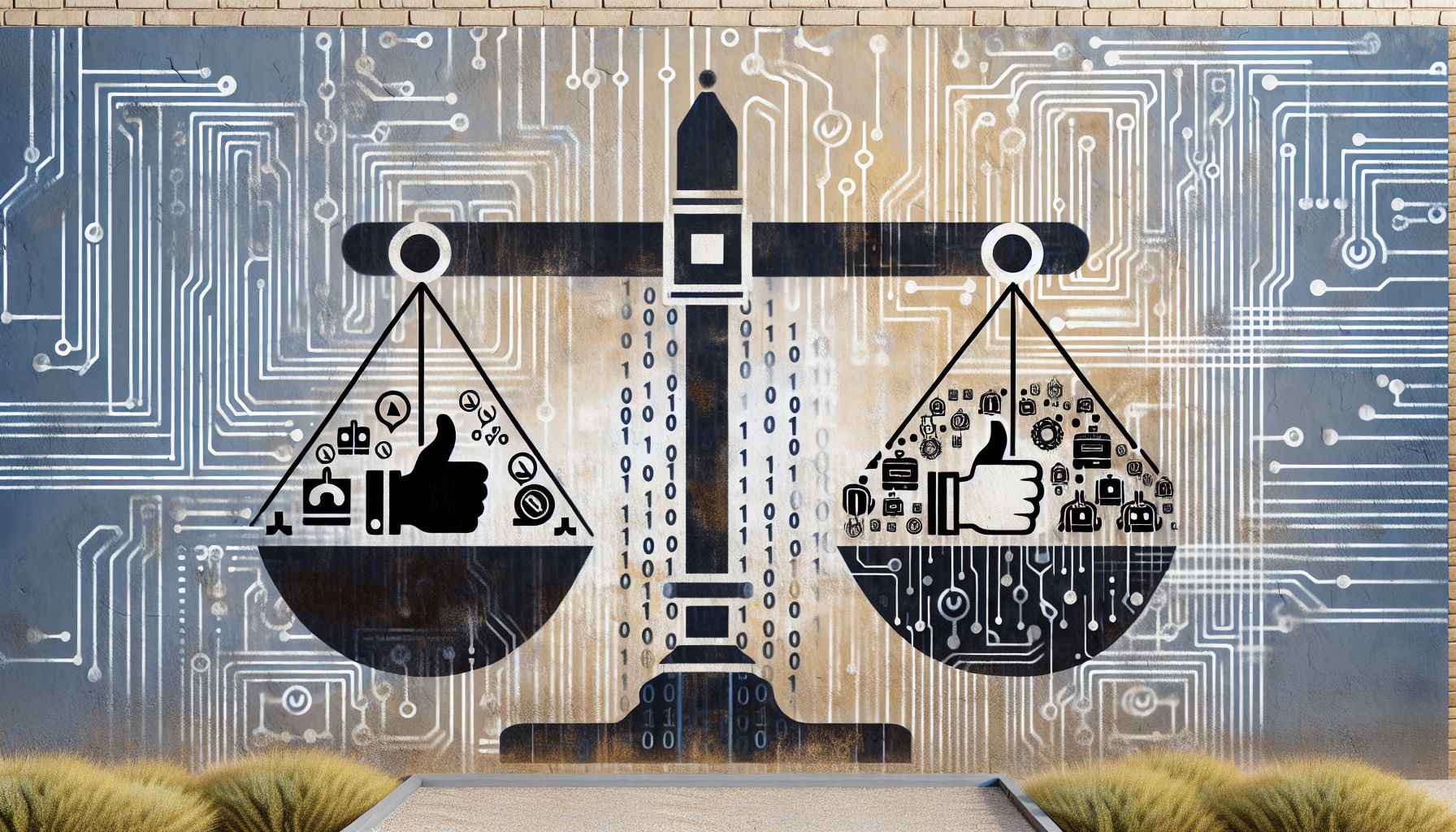The Pros and Cons of ChatGPT
Understanding ChatGPT
ChatGPT, developed by OpenAI, is a state-of-the-art language processing AI model designed for generating human-like text based on user prompts. It leverages deep learning to understand and produce language, making it a valuable tool across various applications—from content creation to customer service. As organizations and individuals increasingly adopt ChatGPT, it’s critical to consider its advantages and disadvantages.
Pros of ChatGPT
1. Natural Language Generation
One of the standout features of ChatGPT is its ability to generate coherent and contextually relevant text. This capability allows users to produce high-quality content quickly, making it an ideal companion for writers, marketers, and educators. It can assist with brainstorming, producing articles, or even crafting engaging social media posts.
2. Versatility
ChatGPT is extremely versatile, applicable in diverse fields such as healthcare, education, entertainment, and customer service. For example, in healthcare, it can help generate patient information or assist in documentation. In customer service, it can provide automated responses, answering frequently asked questions, thus improving response times and efficiency.
3. Cost-Effectiveness
Utilizing ChatGPT can significantly reduce operational costs for businesses. Instead of hiring multiple employees for content creation or customer support, businesses can deploy ChatGPT as an AI assistant. This automation not only saves money but also allows human employees to focus on more complex tasks that require emotional intelligence and critical thinking.
4. 24/7 Availability
ChatGPT is available around the clock, providing instant responses, which is exceptionally beneficial for businesses aiming to enhance customer experience. Users can interact with ChatGPT at any time, enabling businesses to maintain a continuous engagement with customers, regardless of time zones or operational hours.
5. Enhanced Learning and Teaching Tools
In the educational realm, ChatGPT can serve as an interactive tutor, providing explanations, tutoring in various subjects, or assisting with homework. Its ability to respond to questions in real-time can empower students, making learning more effective and personalized.
6. Improved Efficiency
By automating repetitive tasks, ChatGPT allows teams to operate more efficiently. From drafting emails to generating reports, this AI can handle routine work swiftly, enabling professionals to allocate their time to higher-priority projects.
Cons of ChatGPT
1. Lack of Human Understanding
Despite its advanced capabilities, ChatGPT lacks true comprehension of context and emotions. It may generate responses that sound relevant, yet lack depth or empathy. This limitation can be problematic in sensitive situations, such as mental health inquiries or discussions requiring emotional intelligence.
2. Inaccuracy and Misinformation
ChatGPT does not discriminate between correct and incorrect information. It can generate factually inaccurate or misleading content, which poses risks if relied upon for critical decision-making processes. Users must exercise caution and verify the information provided by ChatGPT.
3. Dependence on Input Quality
The responses generated by ChatGPT heavily depend on the quality of the input it receives. Vague or poorly phrased prompts can lead to subpar responses. Users need to craft precise and detailed prompts to ensure they get the best results, which can be a learning curve for some.
4. Ethical Concerns
The usage of AI models like ChatGPT raises ethical questions, particularly regarding plagiarism and content ownership. As the technology generates text that can easily be mistaken for human-written content, it raises issues of authenticity and intellectual property. In academic and creative fields, this creates a grey area that needs careful navigation.
5. Limited Domain Knowledge
While ChatGPT is trained on a vast corpus of data, it has limitations in niche topics or highly specialized fields. Its knowledge base is not up-to-date past a certain date, which could lead to outdated or irrelevant information being presented in emerging fields like technology or medicine.
6. Security and Privacy Risks
Using ChatGPT can pose security and privacy concerns, especially if sensitive information is shared. The AI processes data to generate its responses, which raises questions about how this data is stored and whether it could potentially be misused. Businesses must ensure compliance with data protection regulations when using AI tools.
Balancing the Scale
When evaluating the pros and cons of ChatGPT, users need to weigh its potential benefits against inherent limitations. The tool offers unprecedented efficiency and versatility across many applications, yet issues like accuracy and ethical concerns are paramount. Making informed decisions on its deployment will help harness its strengths while mitigating its drawbacks, ensuring a productive integration into everyday workflows. Understanding these complexities will empower users to leverage ChatGPT effectively, creating a harmonious synergy between human and machine intelligence.


